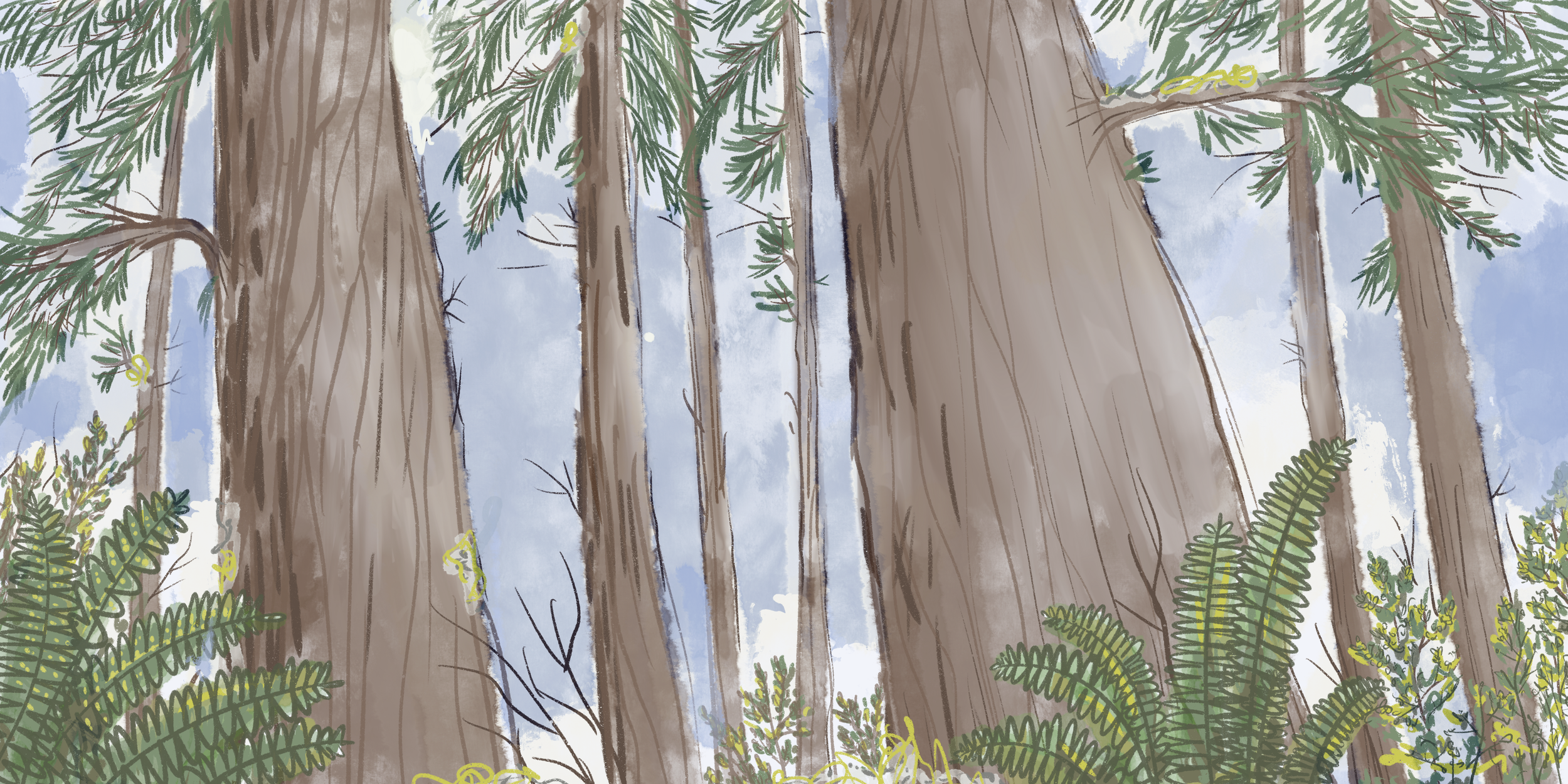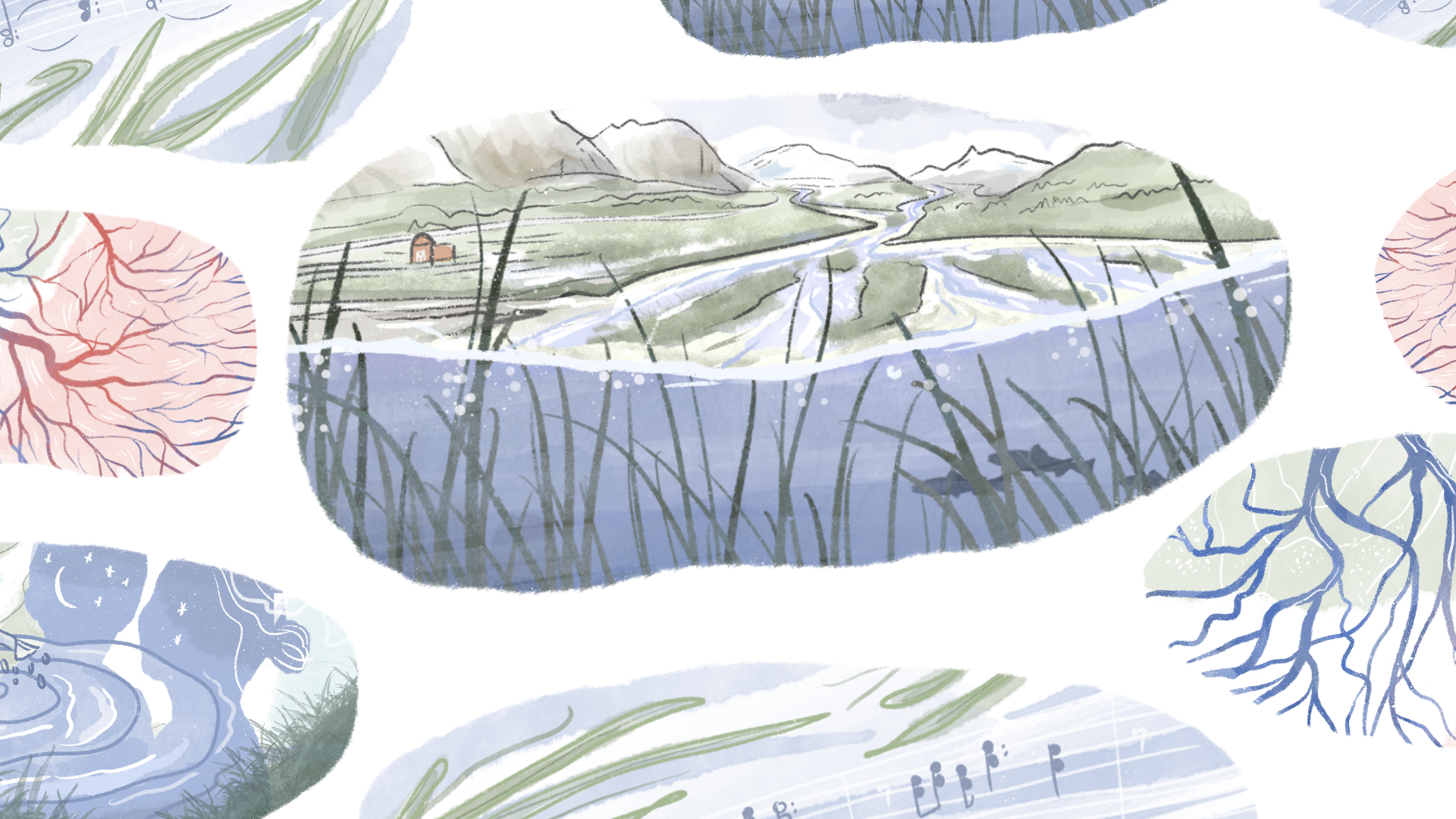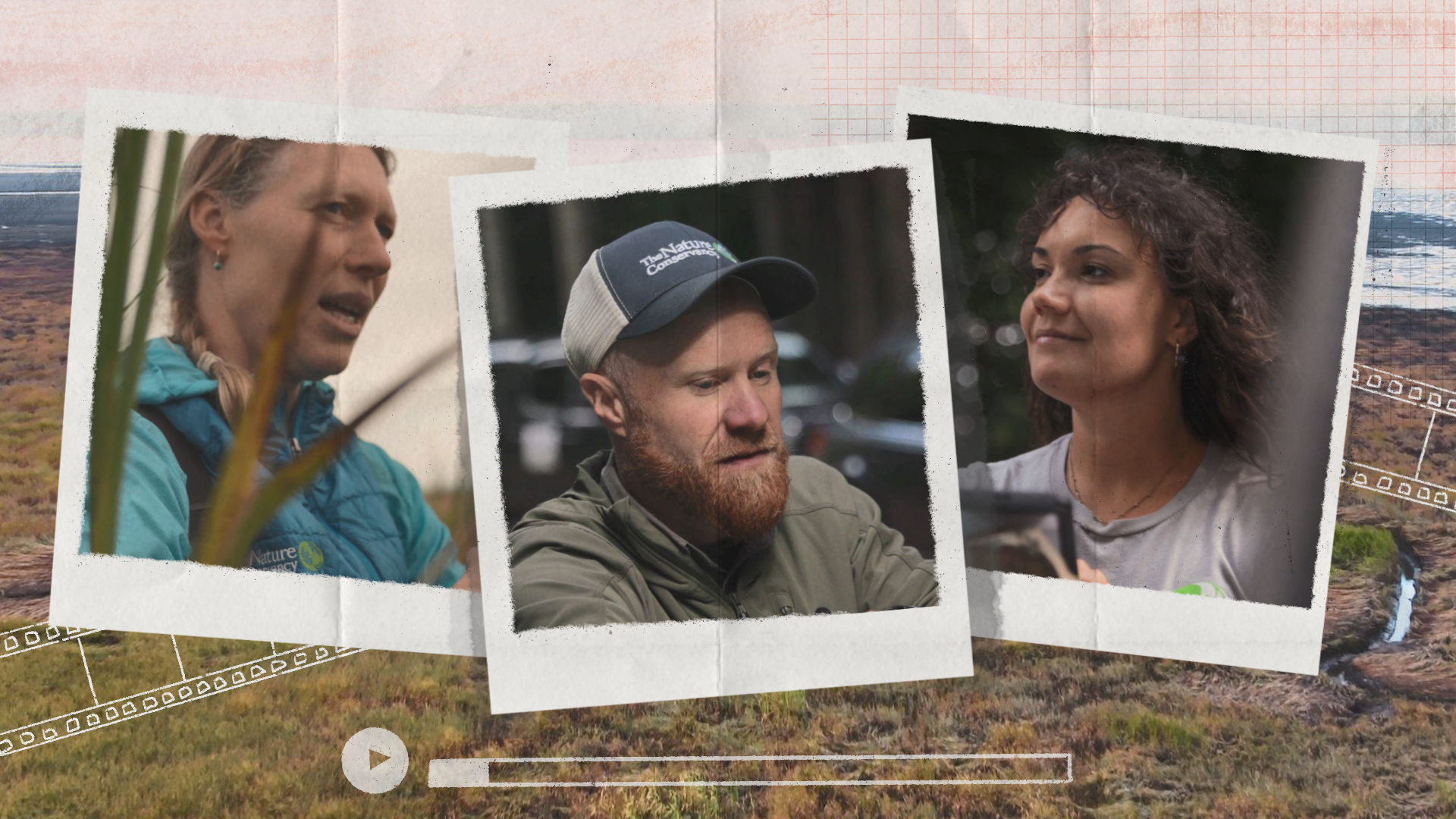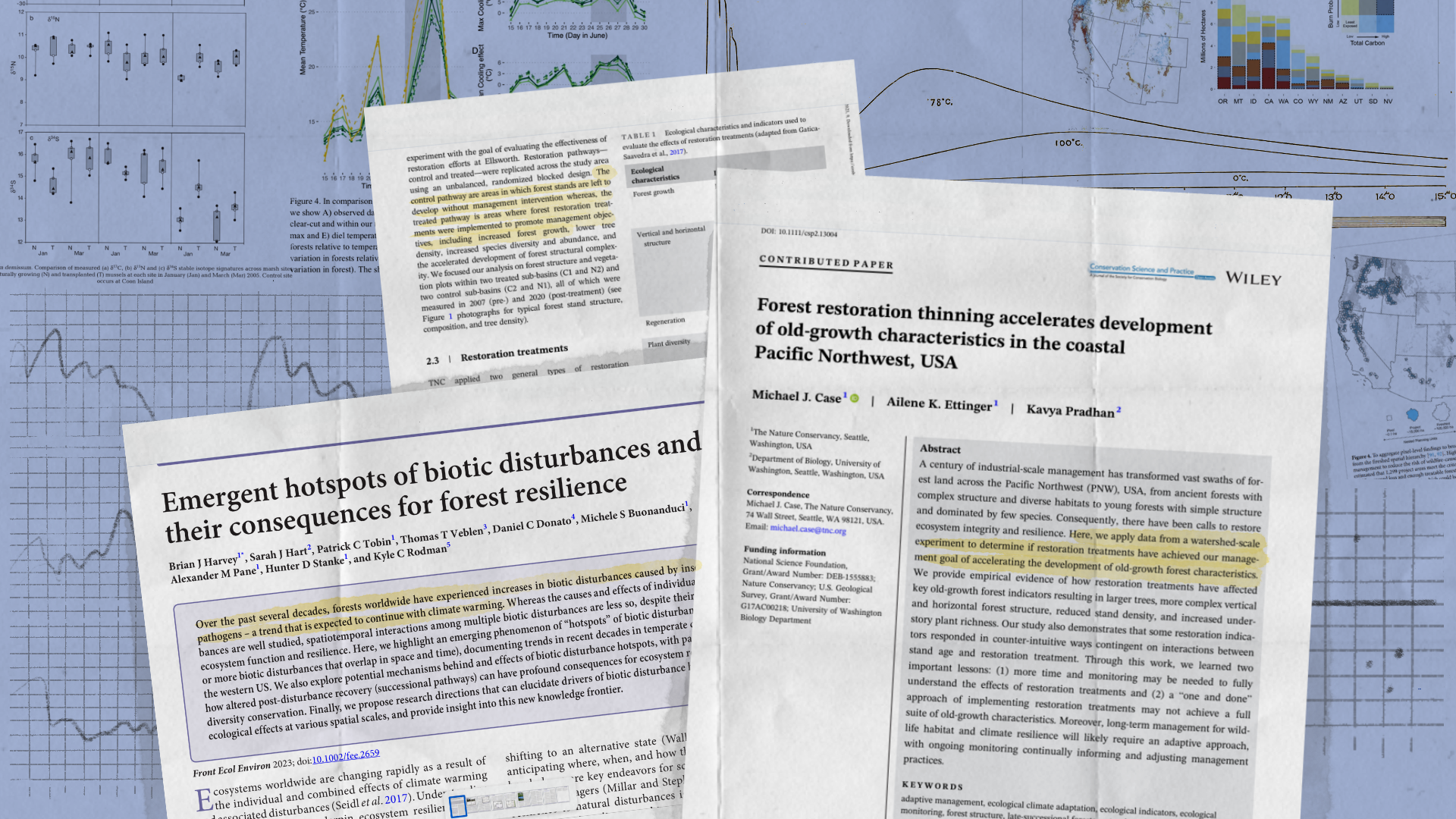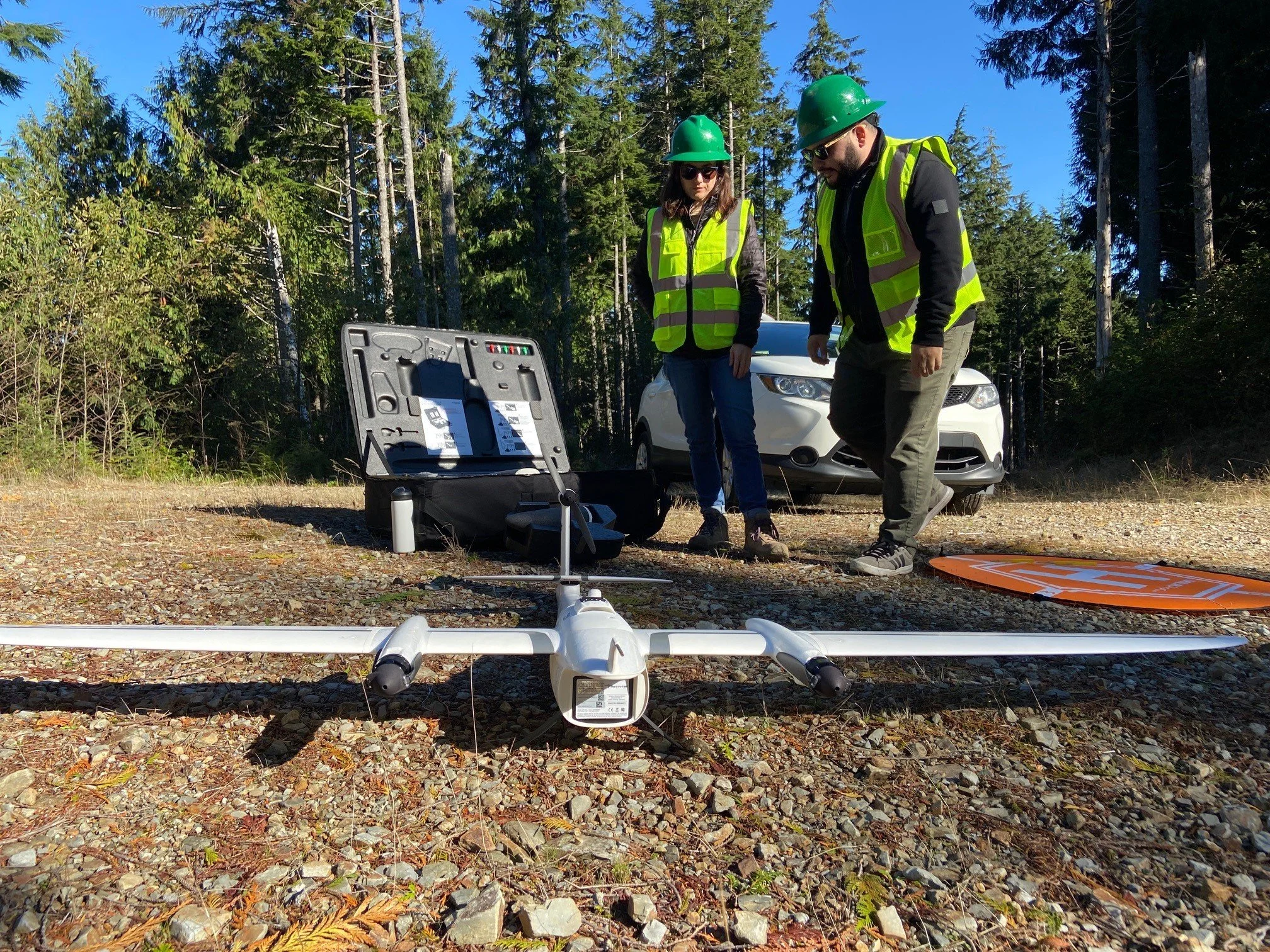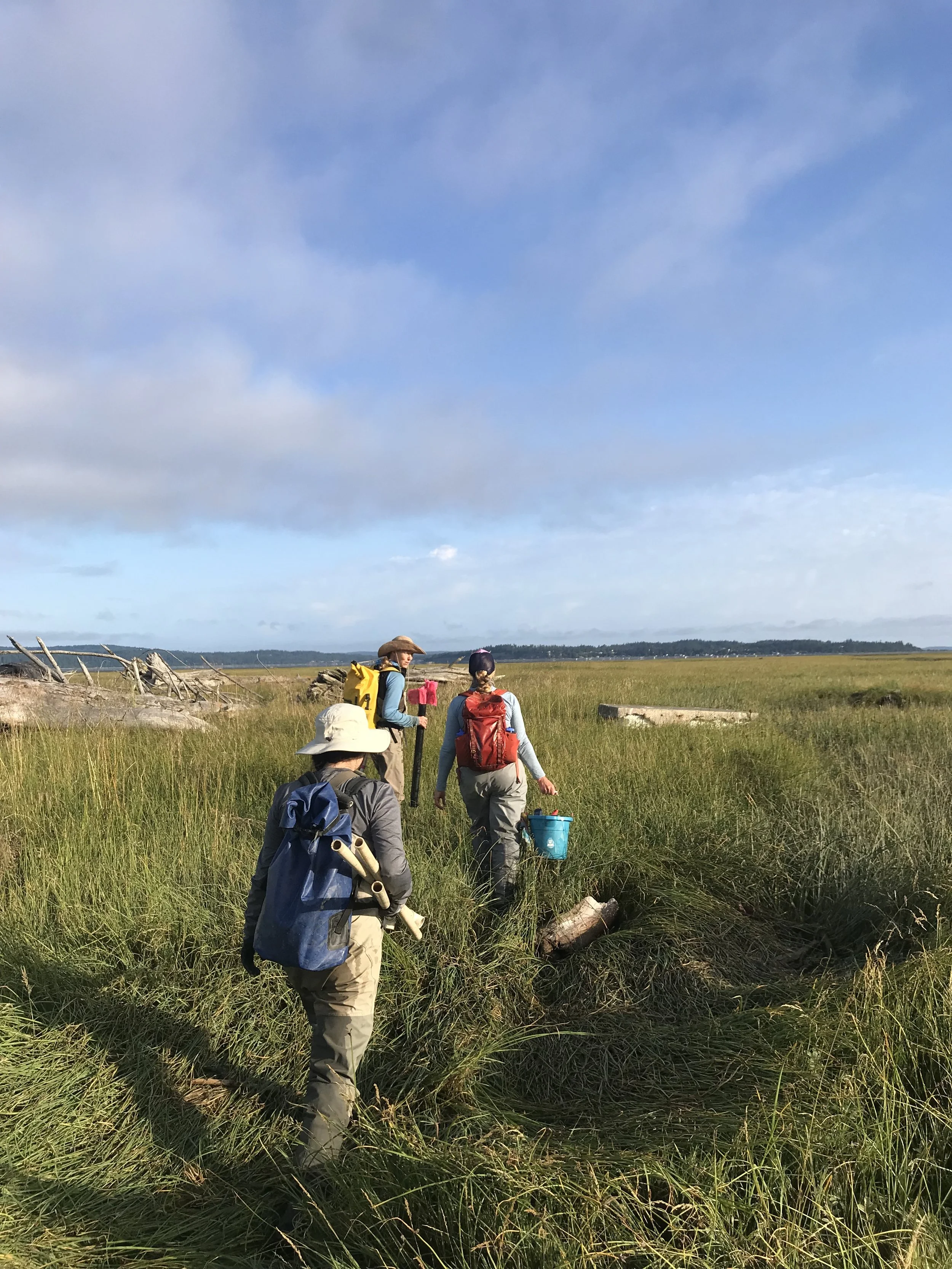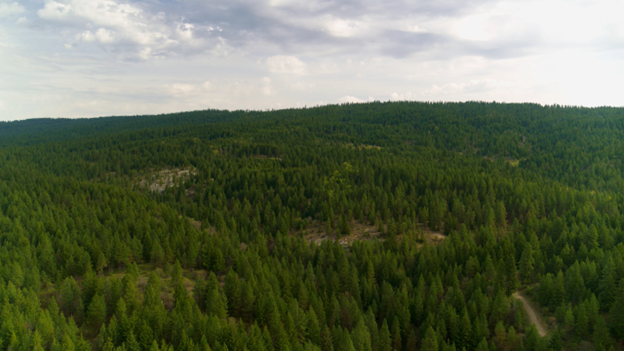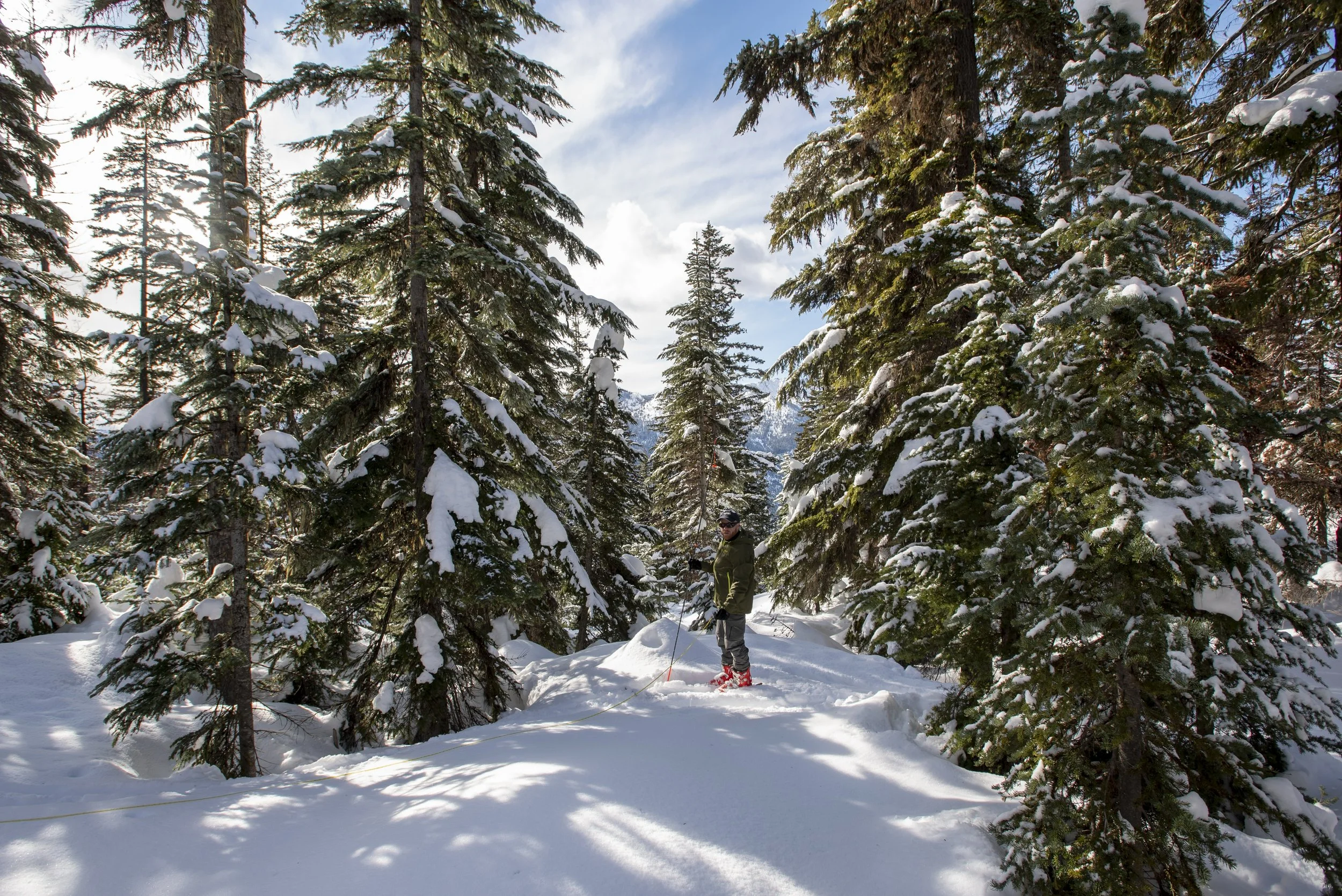by Marissa Paulling, graduate student at The University of Washington
My name is Marissa Paulling, I originally grew up in California, and spent my early career collecting data which influenced groundfish management In California and Oregon. As a graduate student in the Levin Lab, I, along with my fellow capstone members Christina Madonia and Patrick Dodd, worked in collaboration with the National Oceanic and Atmospheric Administration (NOAA) and the The Nature Conservancy (TNC) to describe how fishing patterns may have been influenced by the recent reopening of the trawl Rockfish Conservation Area (RCA) off the coasts of Oregon and California.
“The TNC has a strong history of collaborating with the fishers in the groundfish fishery, and as conservation tools are adjusted, it is important to understand how fish and fishermen alike respond to these opportunities.”
The groundfish fishery of the West Coast is unique in that it is a great success story of how management and conservation can lead to a sustainable fishery. The trawl RCA was designed to prohibit bottom contact fishing gear in areas where overfished stocks were likely to be abundant. Since those overfished stocks have since rebuilt, and other management tools are being used to monitor the fishery, portions of the RCA were able to be reopened to provide more opportunities for fishermen.
Balancing conservation and fishing opportunities is challenging. We have been able to describe fishing behavior and population changes in response to areas being closed to fishing, but there is very little knowledge to inform what happens when new areas are opened to fishermen. This case is an opportunity to study that.
By describing the fishing changes with respect to newly reopened areas, we have a unique opportunity to associate that spatial data with fish assemblages. Unfortunately, our analysis could only encapsulate a small time, and we wanted to avoid any affects that COVID had on fishing behavior. Our research provides a baseline to compare to as time goes on and fishermen become accustomed to having access to these previously off-limits areas.
In a world where things seem so polarized, its nice to have an opportunity to contribute to science which supports fish and fishing.




